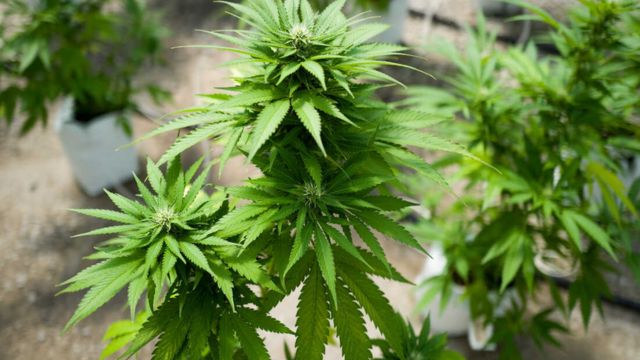In the evolving landscape of cannabis laws in the United States, Tennessee remains a state with stringent regulations against the use of marijuana. Despite increasing public support for cannabis reform, the state’s laws continue to impose significant restrictions on both recreational and medical use of cannabis. This article provides a comprehensive overview of the current cannabis laws in Tennessee as of 2024.
Current State of Cannabis Laws in Tennessee
Recreational Marijuana
Tennessee law firmly prohibits the use of recreational marijuana. Engaging in activities related to marijuana use, possession, or sale can lead to severe legal consequences, including misdemeanor charges, fines, and jail time. Despite the movement towards legalization in several other states, Tennessee maintains strict enforcement of these regulations.
Medical Marijuana
Tennessee has a very limited medical marijuana program, primarily allowing the use of a non-intoxicating form of cannabis oil for specific medical conditions. High-CBD, low-THC cannabis oil is legal for certain severe conditions like intractable seizures or epilepsy. However, broader use of medical marijuana remains prohibited, and patients must meet stringent criteria to qualify for this program.
Delta-8 and Delta-9 THC
Recent legal changes in Tennessee have made Delta-8 THC more accessible. Individuals aged 21 and older can legally purchase and use Delta-8 THC products. However, the recreational use of marijuana, particularly those with higher THC concentrations, remains illegal. Delta-9 THC from hemp plants containing less than 0.3% THC is also legal under certain conditions.
Hemp
Hemp-derived products, including cannabinoids like Delta-8 and Delta-10, are legal in Tennessee, provided they comply with specific regulatory standards. The state imposes a 6% state tax on Delta-8 products and requires retailers to place these products behind the counter to enhance control over their distribution.
Legal Penalties and Enforcement
Possession and Cultivation
Possession of any amount of cannabis is a misdemeanor in Tennessee, punishable by up to 11 months in jail and a maximum fine of $2,500. Cultivation of 10 plants or less is a felony, with penalties increasing for additional plants.
Paraphernalia and Other Offenses
Possession of paraphernalia is a misdemeanor, leading to up to 1 year in jail and fines between $150-$2,500. Selling paraphernalia is a felony, punishable by up to 6 years in prison and a $5,000 fine. Additionally, falsifying a drug test is a Class A misdemeanor.
Racial Disparities in Enforcement
A report by the ACLU revealed that Black individuals in Tennessee were arrested for cannabis-related offenses at over three times the rate of white individuals, despite similar usage rates between the races.
Legislative Attempts and Public Opinion
Despite multiple bills introduced in 2023 aiming to legalize medical cannabis, decriminalize cannabis, or legalize it for adults, none of these advanced beyond committee hearings. This lack of progress occurs despite 81% of Tennessee voters supporting the use of medical cannabis. The Tennessee Medical Marijuana Commission has been studying other states’ programs, with the aim of submitting recommendations for a medical program.
Local Decriminalization Efforts
Memphis and Nashville passed ordinances in 2016 to decriminalize small amounts of cannabis, but these were repealed by a state bill asserting that state law preempts local government enactments regarding drug regulation.
Conclusion
Tennessee’s cannabis laws remain among the most prohibitive in the United States. While there is some legal allowance for hemp-derived products and a very limited medical marijuana program, the state continues to enforce strict penalties for possession, use, and cultivation of marijuana.
The ongoing debate and legislative efforts reflect a growing public demand for reform, but significant legal changes have yet to materialize. As such, individuals in Tennessee must remain acutely aware of the current legal landscape regarding cannabis to avoid potential legal repercussions




